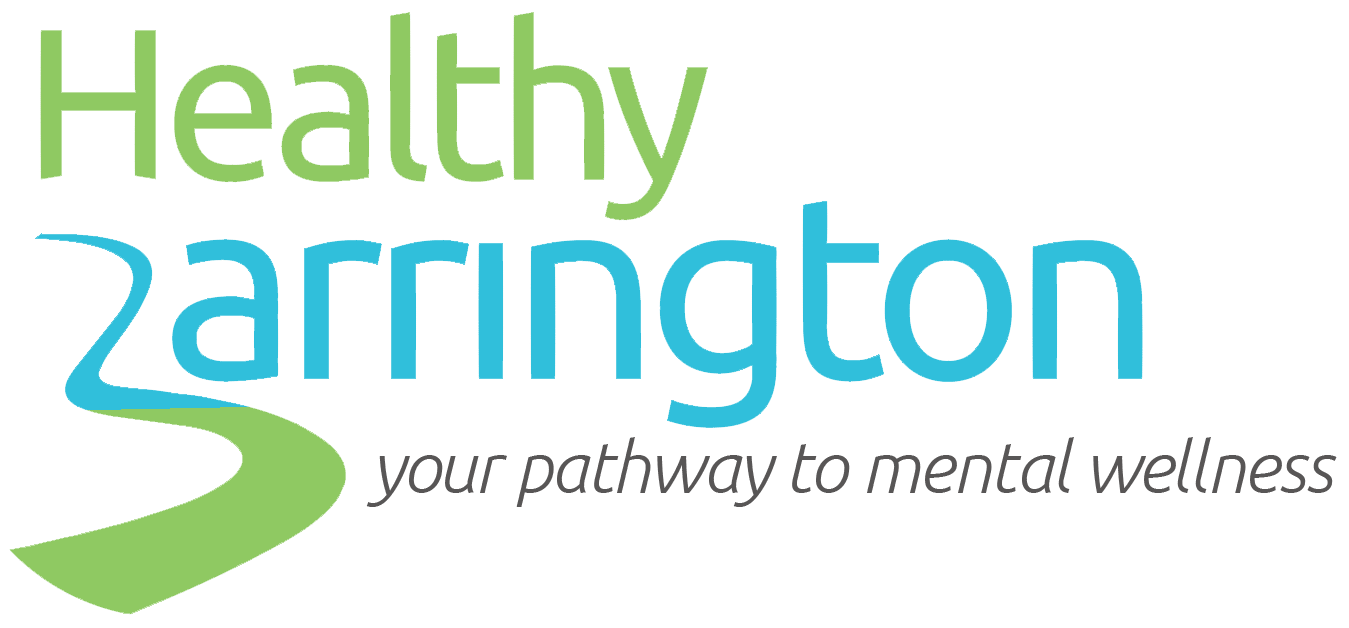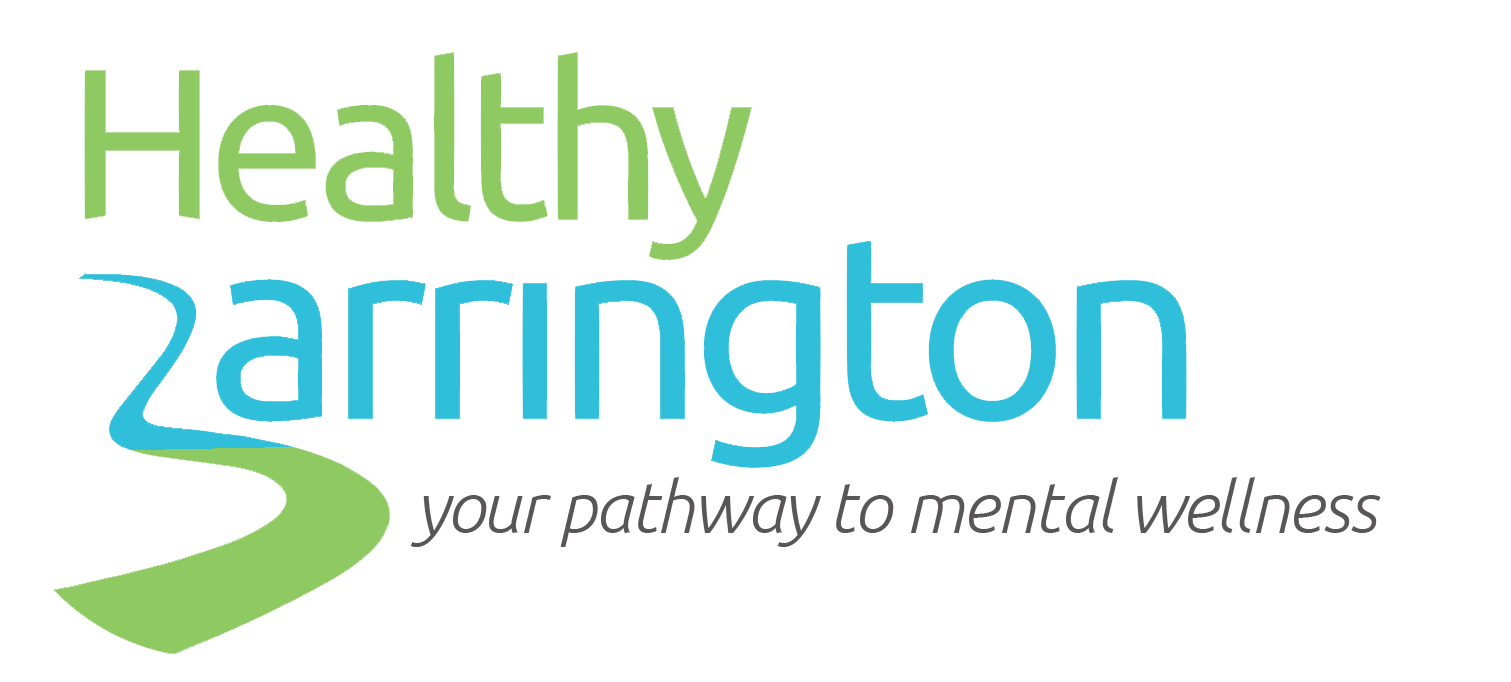Our human powers of focus and concentration help us survive and thrive in the world. Sometimes, however, we are unable to concentrate. We have trouble paying attention, staying on task or thinking clearly. When this happens, our performance suffers, whether it’s in the workplace, at school or in our daily lives. An inability to focus and concentrate can also negatively impact our decision-making capacity.
There are a number of factors that can affect our ability to concentrate. In many cases, the cause is an underlying medical condition. In certain scenarios, the medical condition warrants medical attention. In extreme cases, there may be a medical emergency that requires immediate attention.
A number of medical conditions may contribute to or cause inability to concentrate. It’s not always a medical emergency, but being unable to concentrate can warrant medical attention.
The inability to concentrate manifests itself in many ways. Symptoms include:
- overall lack of focus
- making careless mistakes
- trouble sitting still
- lack of clarity in our thinking
- an inability to reach a decision
- lack of short-term memory
- overall sense of distraction
- difficulty remembering where things are
- frequently misplacing things
The inability to focus and concentrate may occur intermittently. Some people find that it’s more difficult to concentrate in certain settings and at certain times of day. You might begin missing appointments that you have scheduled. Others may mention that you seem distracted.
Being unable to concentrate can be the result of a chronic condition, including:
- alcoholism or alcohol abuse
- attention deficit disorder
- chronic fatigue syndrome
- concussion
- Cushing disease
- dementia
- epilepsy
- insomnia
- major depressive disorder
- mental disorders, such as schizophrenia
- restless leg syndrome
Symptoms that require urgent medical attention
Lack of focus and concentration sometimes signal an urgent medical need. Please seek immediate medical attention if you having difficulty focusing and are experiencing any of the following:
- sudden memory loss
- severe head or chest pain
- numbness or tingling on one side of your body
- disorientation, e.g., not realizing where you are




